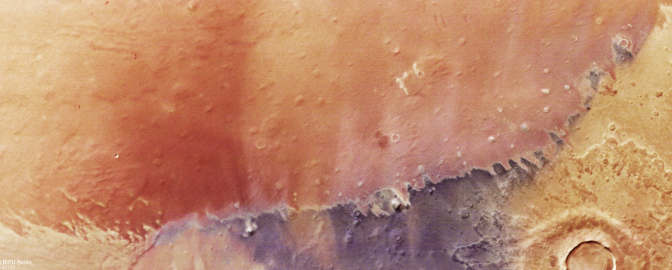Is space exploration worth the money?
This video is for anyone who has ever asked: "Should we really be spending money on space when there are problems to deal with down here on Earth?” Let's dig in to several reasons why space exploration is worth our money.
Why space exploration is always worthwhile
A toolkit to help you advocate for the value of exploring space even when there are important problems to be solved here on Earth.
Transcript
Maybe you've heard something like this before: “Should we really be wasting money on space when there are problems to deal with down here on Earth?” It's a good question. So is space exploration really worth it?
With issues like global public health concerns, social injustices, climate change and other urgent topics it may seem like exploring space is a misuse of our funding. While it is important to address these issues, solving these problems doesn't depend on defunding space programs. Here's why.
First, space research isn't as expensive as you might think. Many people think NASA takes up a quarter of the U.S. federal budget, but in fact, NASA's entire budget is about 0.5% of the total budget. In other countries, space budgets are even smaller.
And spending on space pays off. The money that governments spend on space programs positively impacts their economies. It supports highly skilled jobs, fuels technology, advancements and creates business opportunities that feed back into the economy. This, in turn, grows the pool of public money that can be spent on solving the world's most pressing problems.
Which brings us to the next point. Space research directly impacts earthly problems. As we humans apply ourselves to the challenges of exploring space we make discoveries that can help the whole world. Figuring out how we might grow food on Mars can help us grow food in extreme conditions here on Earth, which could help mitigate the impacts of climate change. Medical research on the International Space Station helps us understand the human body in new ways, helping save lives and improve the quality of life for all of us.
And, of course, all the social and environmental progress in the world won't help us if an asteroid impacts the Earth. We have to explore space to find and study asteroids and comets to make sure we can defend our planet if an object ever heads our way.
And then there are benefits that are difficult to put a price tag on. Comprehending the cosmos gives us all a powerful shift in our perspective. Studying other worlds makes it clear that Earth is a precious oasis for life. This cosmic perspective underscores the importance of protecting our planet's habitability and encourages investment in that effort.
On top of all of that, space is inspiring. We may not all get to be astronauts, but to be inspired, to aim for something so grand gives us all drive. Children are motivated to learn science, engineering, medicine, or other fields that benefit humanity. When we marvel at the beauty of Jupiter's clouds or the mystery of the oceans, on Enceladus, we get an opportunity to appreciate the wonder and majesty of this cosmos that we inhabit. The idea that life might exist elsewhere in the universe reminds us that we might not be the only planet struggling to achieve balance, justice and sustainability.
There's no denying that there are many important issues facing humanity that need fixing. But to deal with those problems doesn't mean we have to stop looking up, stop exploring, and stop making discoveries. We can and must do more than one important thing at a time. Because even in the bleakest of times, there's something beautiful about still striving to achieve something great and discover something that could change how we see ourselves and our cosmos forever.


 Explore Worlds
Explore Worlds Find Life
Find Life Defend Earth
Defend Earth


